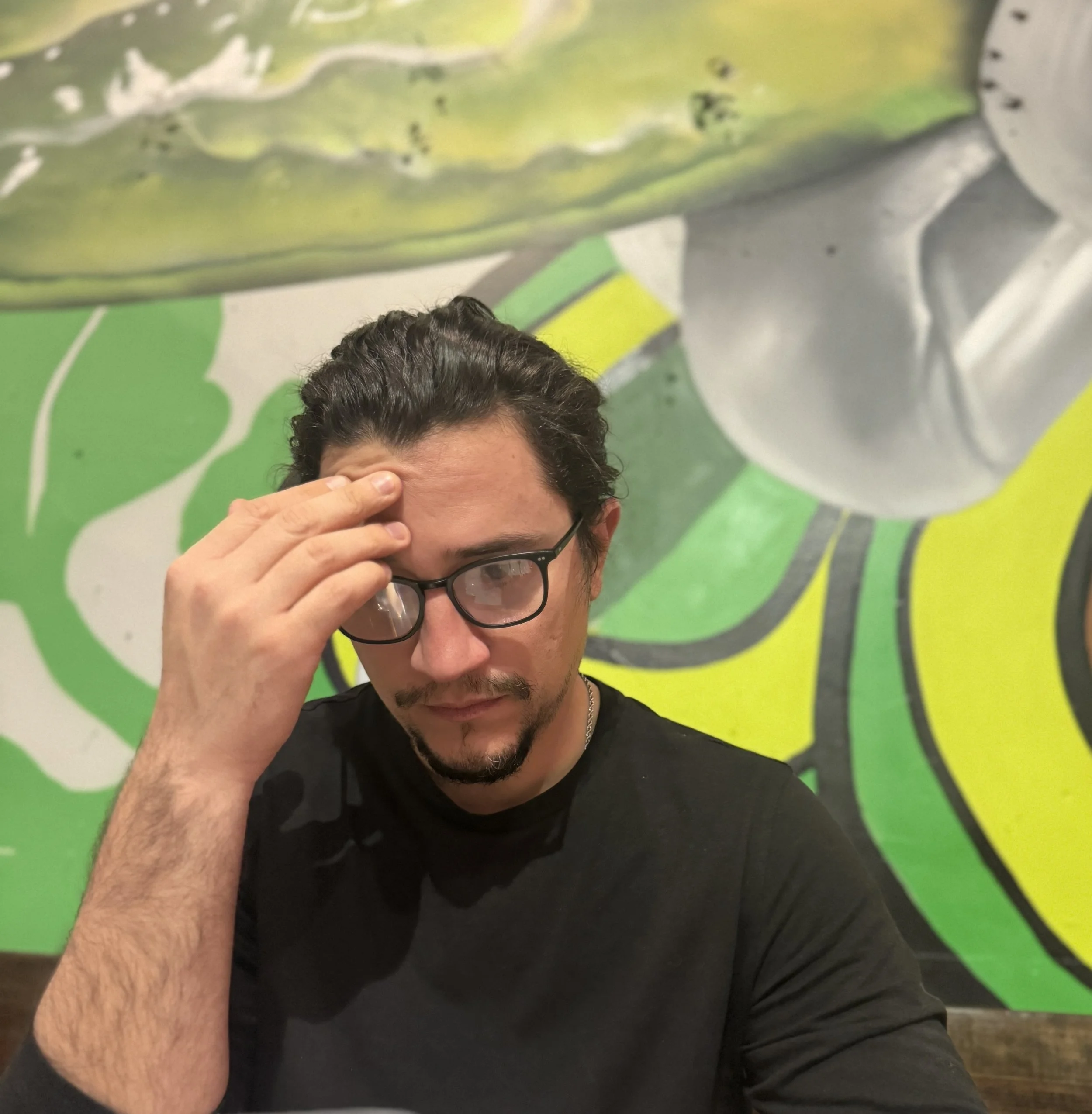Blog
Beyond the Accent
A blog for actors, voice-over artists, and educators, offering practical tools, inspiring stories, and cultural insights to master accents and elevate performances.
Do I Smell like a Professor?
I heard an interesting turn of phrase over the weekend. “She had the stink of education on her.” This line struck an uncomfortable cord with me. Couldn’t quite shake the feeling of discomfort and have spent the last few days thinking about why that might be. Why does this line bother me? It’s like a backhanded compliment cloaked in disdain. This chord has been uncomfortably ringing within me over the last few days and must be attached to some deeper feeling. My goal in writing this post is to explore and get to the heart of the feeling.
The Basic Components of Speech (3/7): Pulmonic Pressure and Suction Initiation
The Basic Components of Speech (3/7): Pulmonic Pressure and Suction Initiation
Speech sounds begin with initiation, the process of setting air in motion. The most common type of initiation in human speech involves air being exhaled from the lungs under pressure, known as pulmonic pressure initiation. However, speech can also be initiated using inhalation, known as pulmonic suction initiation.
The Basic Components of Speech (2/7): Fricative and Stop Articulation
Speech sounds are categorized based on how air flows through the vocal tract and how it is obstructed. Two fundamental types of articulation are fricatives and stops. Understanding these can help improve clarity in speech, dialect training, and voice work.
The Basic Components of Speech (1/7): Initiation and Articulation
Speech is a remarkable human ability that relies on two fundamental processes: initiation and articulation. By understanding these core components, we can deepen our awareness of how sounds are produced and refine our speech skills. Whether you're an actor, a linguist, or simply curious about how we shape language, exploring these elements through practice and introspection can enhance your vocal control and clarity.
Mastering a Dialect Quickly for an Audition: A Strategic Approach
Mastering a Dialect Quickly for an Audition: A Strategic Approach
Tight deadlines for an audition can make mastering a dialect seem daunting. However, with a focused strategy, you can deliver a convincing performance. Here’s how to streamline your efforts and prioritize the most impactful elements of dialect work:
What Is American Southern? A Look at Its History and Social Context
What Is American Southern? A Look at Its History and Social Context
The American South encompasses an enormous and diverse range of geographic and dialectic identities. While state borders provide a general sense of the region, the true linguistic landscape extends far beyond these lines. The division of the country during the Civil War offers a rough guide to where Southern dialects are most prevalent, but their roots and variations run much deeper.
What Is the Best Way to Practice an Accent?
What Is the Best Way to Practice an Accent?
Mastering an accent requires more than simply mimicking sounds. To achieve authenticity and ease, you need a structured approach that moves from foundational drills to spontaneous speech. Here’s the best way to practice:
What Techniques Lead to Good Accents?
What Techniques Lead to Good Accents?
For many actors, creating a believable and authentic accent is a crucial skill. Yet, in my experience, relatively few actors possess the innate ability to imitate accents accurately and convincingly. Most performers benefit from a systematic approach that integrates several vocal elements to achieve authenticity. Below, I break down the most critical factors contributing to a good accent.
When Should I Use Dialects and Accents?
When Should I Use Dialects and Accents?
Mastering accents and dialects can add richness and authenticity to your performances, but knowing when to use them is just as important as performing them well. After years of performing and coaching accents, I’ve developed a few guidelines to help actors make informed choices about incorporating dialects into their work.
Don’t forget the Rest of your Craft!
Most Actors Forget What the Rest of Their Craft Is About
When attempting the sounds of a dialect role, many actors make the mistake of focusing solely on "putting on" the accent. Their purpose becomes replicating the sounds — whether it’s a Southern drawl or a crisp British RP — but they overlook the deeper layers of their craft. The result? Performances that may sound accurate but fail to connect emotionally or authentically with the character.
Start your journey
Whether you're mastering an accent, preparing for a role, or enhancing your vocal skills, the journey starts here.







